Fertility Preservation for Cancer Patients

Protecting Your Future Family Before Cancer Treatment Begins
A cancer diagnosis changes everything—and quickly. In the whirlwind of appointments, treatment planning, and uncertainty, one important question is often overlooked: What about your future fertility? At Reproductive America (Reproductiva), we believe that a cancer diagnosis shouldn’t take away your future dreams of parenthood. Thanks to advances in reproductive medicine, fertility preservation is possible—and often highly successful—when done before cancer treatment begins.
How Cancer Treatment Affects Fertility
Many cancer therapies are gonadotoxic—meaning they can harm eggs, sperm, or reproductive function. This includes:
- Chemotherapy (especially alkylating agents)
- Radiation therapy to the abdomen or pelvis
- Surgical removal of reproductive organs
- Bone marrow transplants or immunotherapy
- Hormone-suppressing therapies
The extent of impact depends on the type of treatment, dosage, and your age at the time of treatment.
Fertility Preservation Options for Women
- Egg Freezing (Oocyte Cryopreservation)
- Involves stimulating the ovaries, retrieving eggs, and freezing them unfertilized
- Typically takes 10–14 days
- Ideal for patients with time before chemotherapy begins
- Embryo Freezing
- Similar process, but eggs are fertilized with partner or donor sperm before freezing
- Most established and reliable method
- Ovarian Tissue Freezing
- A portion of ovarian tissue is removed and frozen for future reimplantation
- Often used when there’s not enough time for stimulation cycles
- Still considered experimental but increasingly promising
- Ovarian Suppression with Medication
- GnRH agonists may help protect ovarian function during chemotherapy
- Less reliable than egg/embryo freezing, but can be used alongside other methods
Fertility Preservation Options for Men
- Sperm Freezing (Semen Cryopreservation)
- Simple, non-invasive, and effective
- Can be done quickly—even same-day
- Ideally done before starting chemotherapy or radiation
- Testicular Tissue Freezing (for prepubescent boys)
- An experimental option when sperm is not yet being produced
- Tissue may later be reimplanted or used to mature sperm in the lab
Timing Is Everything
The earlier you speak to a fertility specialist, the better. Ideally, preservation should occur before starting cancer therapy—but options may still exist during or after treatment, depending on your individual case.
At RCA, we coordinate quickly and work closely with oncology teams to make fertility preservation happen on tight timelines.
Emotional Considerations
This is more than a medical decision—it’s deeply personal. You may be juggling fear, grief, urgency, and a future you’re still trying to imagine. That’s why RCA provides:
- Counseling and support from compassionate professionals
- Educational resources to empower your choices
- Flexible, expedited care pathways for oncology patients
Cost and Coverage
Some states require insurance to cover fertility preservation for medically necessary reasons (like cancer). RCA’s team can guide you through:
- Financial planning
- Grants and foundations (e.g., LIVESTRONG Fertility, The Samfund)
- Insurance verification and advocacy
You shouldn’t have to fight for your future family on top of everything else.
You Deserve a Future on Your Terms
Cancer may feel like it’s taking choices away—but fertility preservation is about keeping doors open. It’s about hope. Possibility. And having something to look forward to when the storm passes.
How Cancer Treatment Affects Fertility
Many cancer therapies are gonadotoxic—meaning they can harm eggs, sperm, or reproductive function. This includes:
- Chemotherapy (especially alkylating agents)
- Radiation therapy to the abdomen or pelvis
- Surgical removal of reproductive organs
- Bone marrow transplants or immunotherapy
- Hormone-suppressing therapies
The extent of impact depends on the type of treatment, dosage, and your age at the time of treatment.
Fertility Preservation Options for Women
- Egg Freezing (Oocyte Cryopreservation)
- Involves stimulating the ovaries, retrieving eggs, and freezing them unfertilized
- Typically takes 10–14 days
- Ideal for patients with time before chemotherapy begins
- Embryo Freezing
- Similar process, but eggs are fertilized with partner or donor sperm before freezing
- Most established and reliable method
- Ovarian Tissue Freezing
- A portion of ovarian tissue is removed and frozen for future reimplantation
- Often used when there’s not enough time for stimulation cycles
- Still considered experimental but increasingly promising
- Ovarian Suppression with Medication
- GnRH agonists may help protect ovarian function during chemotherapy
- Less reliable than egg/embryo freezing, but can be used alongside other methods
Fertility Preservation Options for Men
- Sperm Freezing (Semen Cryopreservation)
- Simple, non-invasive, and effective
- Can be done quickly—even same-day
- Ideally done before starting chemotherapy or radiation
- Testicular Tissue Freezing (for prepubescent boys)
- An experimental option when sperm is not yet being produced
- Tissue may later be reimplanted or used to mature sperm in the lab
Timing Is Everything
The earlier you speak to a fertility specialist, the better. Ideally, preservation should occur before starting cancer therapy—but options may still exist during or after treatment, depending on your individual case.
At RCA, we coordinate quickly and work closely with oncology teams to make fertility preservation happen on tight timelines.
Emotional Considerations
This is more than a medical decision—it’s deeply personal. You may be juggling fear, grief, urgency, and a future you’re still trying to imagine. That’s why RCA provides:
- Counseling and support from compassionate professionals
- Educational resources to empower your choices
- Flexible, expedited care pathways for oncology patients
Cost and Coverage
Some states require insurance to cover fertility preservation for medically necessary reasons (like cancer). RCA’s team can guide you through:
- Financial planning
- Grants and foundations (e.g., LIVESTRONG Fertility, The Samfund)
- Insurance verification and advocacy
You shouldn’t have to fight for your future family on top of everything else.
You Deserve a Future on Your Terms
Cancer may feel like it’s taking choices away—but fertility preservation is about keeping doors open. It’s about hope. Possibility. And having something to look forward to when the storm passes.









